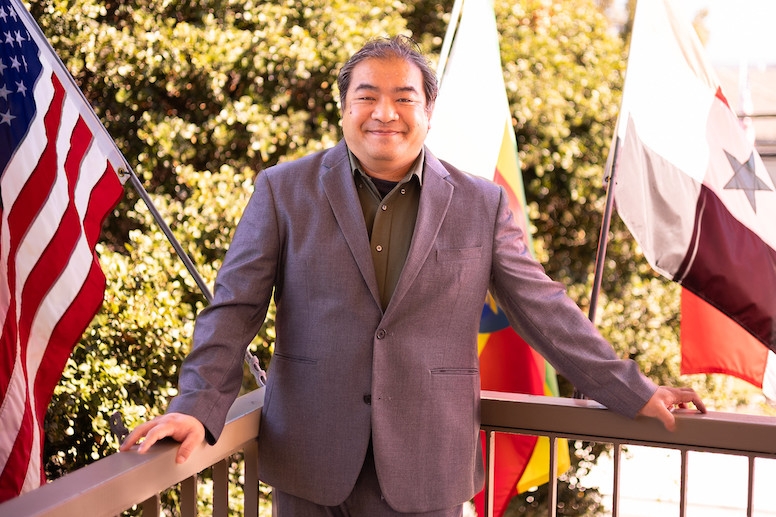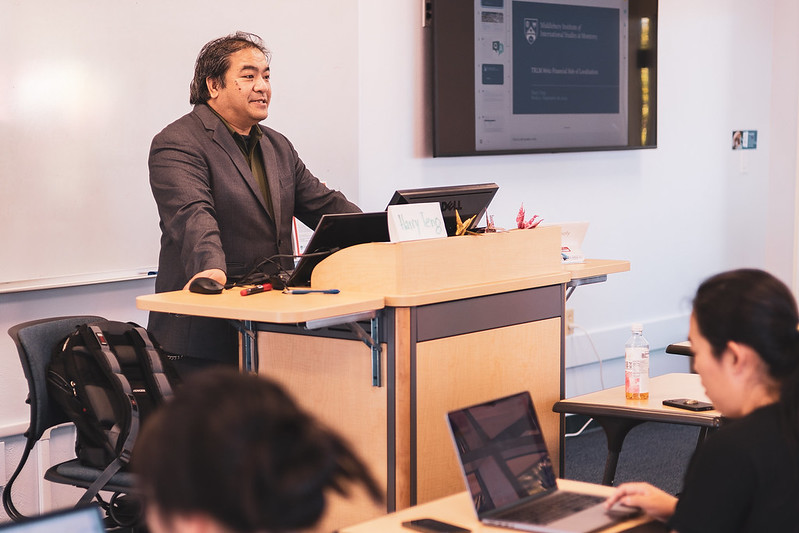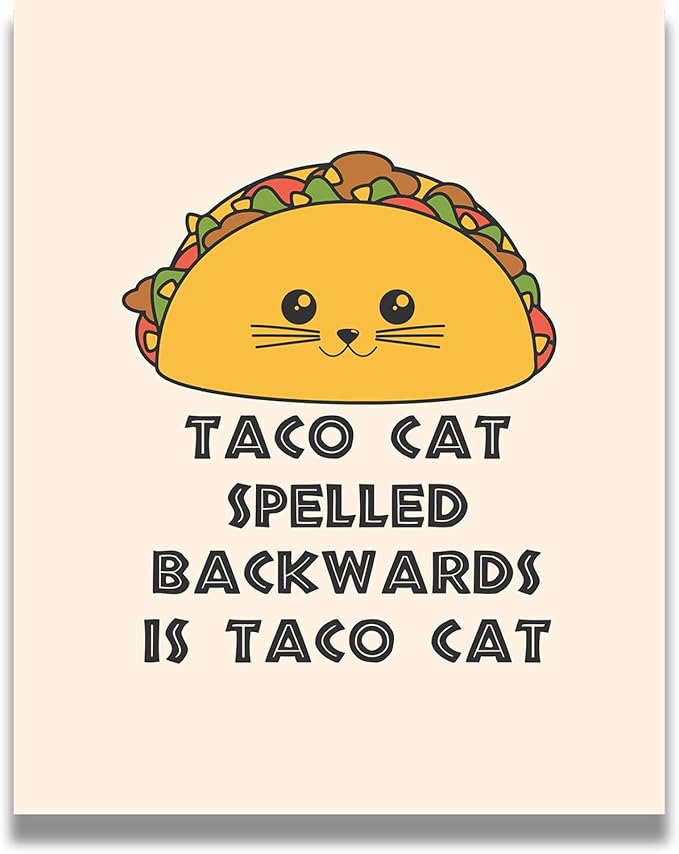Students Compete in Online Game Translation Marathon
| by Sarah Blackwell
The team of translation and localization students created their own Japanese version of a time travel game in just four days.

For Harry Teng, becoming a localization professor at the Middlebury Institute is coming full circle in a way.
He grew up immersed in different cultures, and his first vocation was as a teacher, shifting into translation and interpretation after completing his master’s degree at the Middlebury Institute, then building a career in localization.
This fall, he joins the faculty at the Institute, teaching the next generation of students going into the language services industry.
I was born in Taiwan but moved to South Africa with my parents when I was just 10 years old—quite a bit of a cultural change. It was still the apartheid era, and I attended one of the white-only schools. I often felt I didn’t quite belong. What an experience it was to be there at the end of apartheid with Nelson Mandela coming to power. Many people were very hopeful.
As apartheid ended and after moving into an international school, I came to deepen my appreciation for the mix of cultures—the Black South African culture that surrounded me, the different European cultures of my classmates, and my own background from Asia. Seeing these different cultures and perspectives interact, sometimes in conflict, helped shape me and my career.
An alum of the Institute’s translation and interpretation program, Teng brings two decades of experience to his new role on the localization faculty.
This was pre-internet. I knew I didn’t want to stay in South Africa. I wanted to go out and see the world, and the only resource I had was a book of American colleges and universities. If I remember correctly, Middlebury had quite a few stars, so when they accepted me, off I went.
It was a whole new change going to a small liberal arts college in Vermont. I was able to double major in physics and philosophy, which I loved. I think that my liberal arts background and my studies in two fundamental disciplines gave me the foundation to build broad knowledge and the skills to dive deep into a professional field.
“Seeing these different cultures and perspectives interact, sometimes in conflict, helped shape me and my career.”
How did you come to work in localization?
I went through different career paths—starting out as a teacher, then working in translation and interpretation. I loved using my linguistic skills, so I went to the Middlebury Institute to further hone my expertise in the translation and interpretation graduate degree program. It was the 2009 financial crisis when I graduated, and the first job I managed to lock down was in project management in translation and localization, so I pivoted into the localization management field.
What draws you to this role teaching at the Institute?
A few years ago, I joined the TLM Mentorship Program. I gained both a mentor and three mentees, and I started to appreciate the value of having all of these different people to talk with about the ways the industry is changing. It reconnected me with the faculty here and rekindled my love of teaching.
I think teaching forces one to really test one’s own command of the knowledge. You have to organize your knowledge in a systematic manner in order to present it to somebody who’s relatively new to the field. I like to see when learners have that spark of understanding.
“I think teaching forces one to really test one’s own command of the knowledge.”

Also, I think a lot of teachers have a little bit of showmanship and like to be on stage talking to somebody who appreciates what you have to share and have that frank exchange of knowledge and information and ideas.
In your localization career, you’ve worked on projects with as many as 40 or 50 languages. What have been some of the biggest or most exciting challenges?
A lot of my experience has been on what is known as “the vendor side”; i.e., the providers of language services. Typically, they need to build or deliver something within what is often an unrealistic timeframe. You sit down together, talk it through, and get creative.
I once had to push more than 30 videos through localization over the Christmas season when almost everyone was out on vacation. Another time, I had to deliver more than a million source words over a period of two months using only humans, who can translate about 2,000 words a day. These are both difficult tasks, but working as a team, we did it. That sense of accomplishment has been very rewarding.
One of the most fun projects I worked on was a card game called Exploding Kittens. It came out of bloggers’ web art and it focuses on crazy cats, wacky images, wordplay, and jokes. The owners of the franchise wanted to launch the card game into five languages, including Chinese. We spent a lot of time looking at the different jokes in English and trying to see how we might translate them into Chinese.

For instance, one of the cards is for Taco Cat with the joke that “Taco Cat” is a palindrome. How do you translate that exactly? Basically the whole deck of cards is filled with things like that. Unfortunately, too many jokes were untranslatable with no reasonable equivalents in the target culture, so the whole project was eventually scrapped. It was unfortunate, but it was a lot of fun looking at those crazy images and bad jokes and trying to work out how to translate them to Chinese.
You’ve built your career during an era of major change for the translation, interpretation, and localization industries. How do you see the industry continuing to evolve?
Everyone’s talking about AI, of course. It’s a major shift, and we don’t quite know where it’s going. I’m excited to be at the Middlebury Institute right now and to be able to interface with a lot of different movers and shakers from the industry, coming in from a neutral academic background.
Over the past decade, I’ve seen increasing globalization that has led to an increasing commercialization of translation and interpretation, which, unfortunately, has also contributed to its commoditization. With English strengthening its role as a global language, in some ways people are placing less and less value on other languages and other cultures. There’s an attitude that either everyone’s learning English or we have machines and AI that’s going to help us communicate. I appreciate human diversity and find this perspective troubling.
Then I am also amazed at how the public sphere is now is just full of TV shows and movies from other countries compared to how it was in the past. That’s a way that globalization is also leveling the playing field and democratizing the world. Many of us in the industry are frustrated that often the subtitles and dubbing are not as good as they could be. But perhaps without that decrease in quality and therefore decrease in cost, content platforms such as Netflix would never have tried out content from other languages and cultures. It became cheap enough to try, and it turned out to be quite eye-opening for everyone. It’s allowing all these different cultures to bring their creativity to the fore and be economically competitive across the world through streaming platforms.
What are you excited about as you start teaching here at the Institute?
I’ve been so impressed with the students I’ve met so far. I’m looking forward to bringing my professional experiences into the classroom and creating spaces for exchange between practitioners in the field and academics. We’re in an exciting period of change for the industry, and I’m feeling hopeful when I see the vision and talent of the next generation of professionals.
Learn more about the Translation and Localization Management program.
| by Sarah Blackwell
The team of translation and localization students created their own Japanese version of a time travel game in just four days.
Translation and Localization Management graduate Seongji Kim MATLM ’19 shares how the Institute’s alumni network helped her launch a career in localization.
| by Sierra Abukins
The 20-month online degree prepares students to quickly enter the thriving localization industry, combining skills in business, language, and technology.